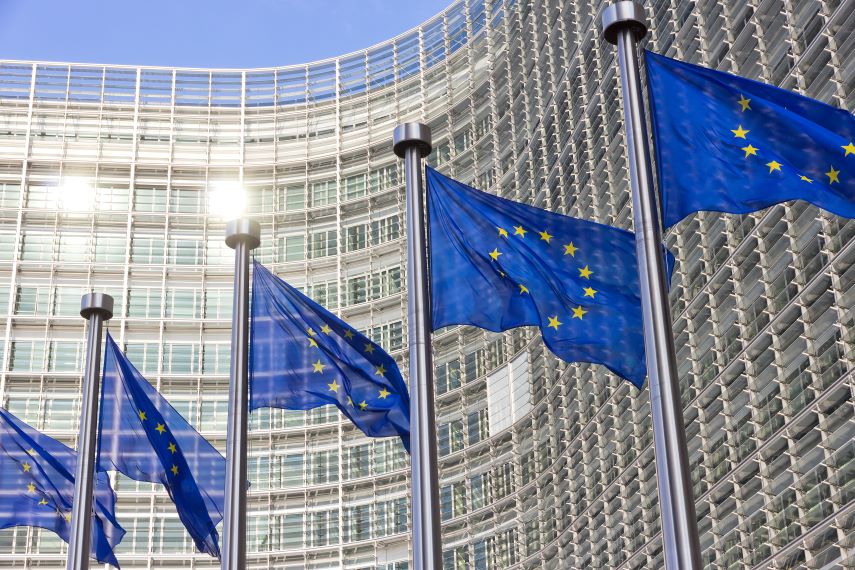The European Commission officially adopted the European Sustainability Reporting Standards in July. Despite their adoption, there remain some who are opposed to the standards and feel that the ESRS go too far. Two motions were brought opposing the ESRS, asking the Commission to reconsider the standards. Both recently failed. Linklaters covered the motions in a recent memo which states that the motions would have required the Commission to:
“• reduce the complexity of sustainability reporting standards by introducing predefined quantitative KPIs;
• reduce the quantity of the sustainability reporting standards;
• extend the implementation for all companies and introduce voluntary, quantitative, measurable and comparable SME standards; and
• amend the balance sheet and net turnover thresholds to account inflation and amend employment figures.”
While the ESRS remain intact, the EU does appear to be giving consideration to those arguing that the CSRD presents too large of a reporting burden on companies. Mandatory GHG reporting was removed from the CSRD after a last-minute lobbying push and is now required only if emissions reach a company’s materiality threshold. Additionally, the timeline for the development of new reporting standards for small and medium-sized companies and third-country has been delayed. The EU is also considering raising the turnover threshold for the CSRD which would mean that fewer companies would be required to report.
Given the expansive nature of the CSRD and ESRS, some scaling back is to be expected. We may see rules be streamlined and relaxed as reporting comes into force and companies face the inevitable difficulties that come along with compliance.
If you aren’t already subscribed to our complimentary ESG blog, sign up here: https://practicalesg.com/subscribe/ for daily updates delivered right to you.










